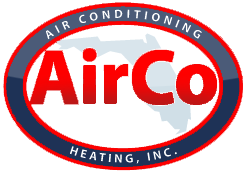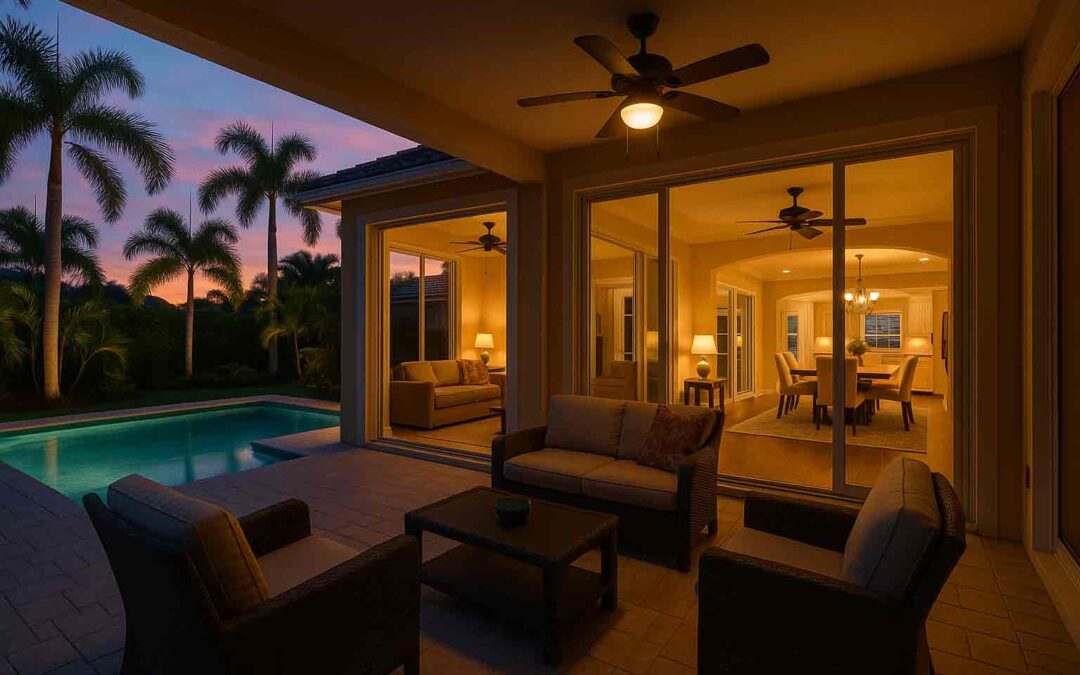Living in Hobe Sound, FL, means enjoying the sunny weather, beautiful beaches, and tropical climate year-round. However, the sweltering summer months make a reliable and efficient air conditioning system essential for comfort. Choosing the best air conditioning system for your Hobe Sound home is not a decision to be taken lightly. Factors like size, energy efficiency, cost, and climate play a crucial role in making the right choice.
In this guide, we’ll walk you through the key considerations to help you select the best air conditioning system for your Hobe Sound, FL home.
1. Consider Your Home’s Size and Layout
The size of your home is one of the most important factors when choosing an air conditioning system. AC systems are available in different capacities, measured in BTUs (British Thermal Units). The BTU rating determines how much cooling the unit can provide. If your AC unit is too small, it will struggle to cool your home, leading to increased wear and tear, higher energy bills, and an uncomfortable living environment. On the other hand, if your unit is too large, it will cycle on and off frequently, wasting energy and leading to uneven cooling.
To determine the right size for your home, it’s best to consult a professional who can perform a load calculation. This calculation takes into account your home’s square footage, insulation levels, window types, ceiling height, and the number of occupants, ensuring that you get the right-sized unit for maximum comfort and efficiency.
2. Choose Between Central AC and Ductless Systems
There are two primary types of air conditioning systems to consider for your home in Hobe Sound, FL: central air conditioning and ductless mini-split systems. Understanding the differences between these systems will help you make an informed decision based on your specific needs.
Central Air Conditioning Systems: Central AC systems are the most common choice for homes in Hobe Sound. These systems use ductwork to distribute cool air throughout the house. Central AC is ideal for larger homes and provides consistent cooling in every room. If your home already has ductwork installed, this may be the best option. However, if your home doesn’t have existing ducts, installing them can be expensive and disruptive.
Ductless Mini-Split Systems: Ductless systems are growing in popularity, especially for homes without existing ductwork or those with specific cooling needs in different areas. Ductless systems consist of an outdoor compressor and one or more indoor units mounted on walls. They allow you to cool individual rooms or zones, offering more flexibility and energy savings. These systems are also quieter and more energy-efficient than traditional central air systems.
3. Energy Efficiency Matters
In a warm climate like Hobe Sound, your air conditioning system will likely run for most of the year. Therefore, energy efficiency should be a top priority when selecting an AC unit. Energy-efficient systems not only help reduce your carbon footprint but also save you money on monthly utility bills.
Look for air conditioning units with a high SEER (Seasonal Energy Efficiency Ratio) rating. The higher the SEER rating, the more efficient the system is. In Florida, the minimum SEER rating for newly installed units is 14, but opting for a unit with a SEER rating of 16 or higher will result in significant energy savings over time.
Additionally, consider choosing units with Energy Star certification, as these meet strict energy efficiency guidelines set by the Environmental Protection Agency (EPA).
4. Humidity Control is Key in Hobe Sound, FL
Hobe Sound’s tropical climate means high humidity levels year-round, making humidity control a crucial factor when choosing an AC system. Excessive humidity can make your home feel warmer than it actually is, and it can lead to mold growth, damage to wood, and poor indoor air quality.
Look for an air conditioning system with built-in humidity control or an option to integrate a dehumidifier. A system that can maintain optimal humidity levels (around 40-60%) will enhance comfort, improve air quality, and protect your home from moisture damage.
5. Budget and Long-Term Costs
While the upfront cost of an air conditioning system is a significant consideration, it’s essential to think about the long-term costs as well. Higher-efficiency units may have a higher initial price tag, but they can save you a substantial amount of money on energy bills over the years. Factor in potential maintenance costs, warranties, and the lifespan of the system when making your decision.
For a more budget-friendly option, consider financing plans or rebates that may be available for energy-efficient units. Many utility companies and manufacturers offer rebates or incentives for purchasing high-efficiency AC systems, helping to offset the initial cost.
6. Work with a Local Expert
Finally, when it comes to choosing the best air conditioning system for your Jupiter home, it’s always wise to consult a local HVAC professional. They can help you evaluate your specific needs, recommend the most suitable systems, and ensure proper installation, which is crucial for efficiency and longevity.
Working with a local expert also means they understand the unique climate challenges in Hobe Sound, such as high humidity, saltwater corrosion, and hurricane preparedness. They can help you choose a system that can withstand these conditions and provide reliable cooling for years to come.
Choosing the best air conditioning system for your Hobe Sound, FL home is a decision that requires careful consideration of factors like size, energy efficiency, humidity control, and budget. By selecting the right AC system and working with a trusted HVAC professional, you can ensure your home stays cool, comfortable, and energy-efficient in the face of Hobe Sound’s hot and humid climate.


